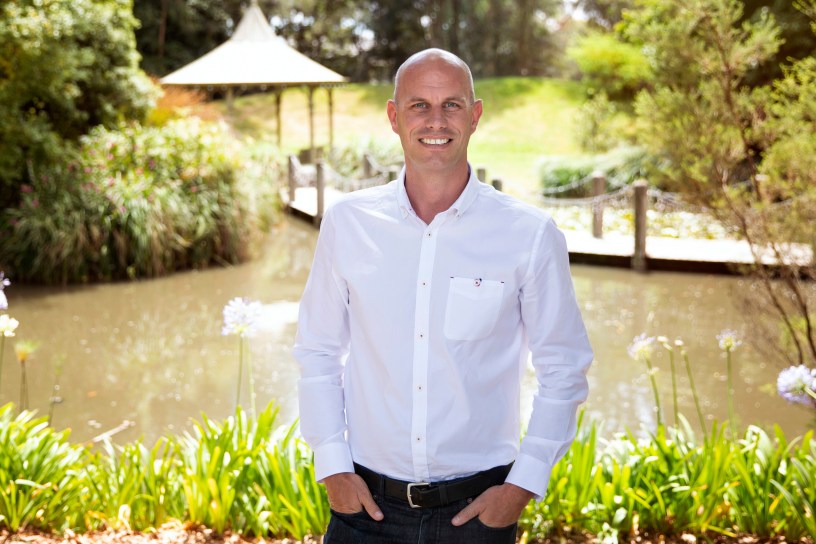Chris Oliver-Taylor.
The government’s review of local content quotas should result in a funding and regulatory framework that protects Australian stories, voices and jobs, according to Fremantle CEO Chris Oliver-Taylor.
The drama quota for the commercial free-to-air broadcasters should continue and be extended to the ABC and SBS, which should get extra funding to meet these obligations, he says.
The exec expects the government to impose a local content quota on the streaming networks. He advocates that Netflix, Disney+, Apple TV+ and Amazon should be required to each commission about 90 hours of Australian content each year.
“If we could get the big international SVoDs to add a further 360 hours of drama into the Australian marketplace, as well as maintaining the quotas on the commercial networks and imposing quotas on the ABC and SBS, then Australian audiences and the sector will be served as it should be,” he says.
As part of the review of local content rules and the overall screen industry regulatory framework ordered by Communications Minister Paul Fletcher, Screen Australia and the Australian Communications and Media Authority are drafting an options paper due to be released in the early part of the year.
Oliver-Taylor says: “Maintaining Australian culture and storytelling is vital as we are now inundated by albeit often brilliant international content.
“What the government needs to recognise is that volume is key to the sustainability of the market. If we want to have any form of IP creation and Australian story innovation, then we need a marketplace that drives creativity. The independent sector, in partnership with the networks does that but it needs regulatory support.”
Assuming kids content disappears from the commercial networks, he would like to see more funding for the ABC to make up for the drop in hours produced.
Also he recommends a continual review of the anti-siphoning list to ensure that the FTA networks and pay TV can screen mass market sporting events.
Like all Australian producers, Fremantle has faced the challenge of rising budgets for dramas to compete with the best international programming and to accommodate increases in fees for writers, actors and crew.
Australian drama typically costs more than $1.5 million an hour, and in some cases closer to $2 million.
At the same time, the ongoing decline in linear audiences has made the Australian networks more risk averse so they are often prepared to pay no more than the standard licence fee.
So Fremantle is now looking to fund at least 50 per cent of its dramas from international pre-sales and distribution, which can affect the editorial content of some shows.
Ellie Madritsch, Justin Davies, Chris Oliver-Taylor, Jo Porter, Brett Popplewell, Nat Lindwall and Ana Jimenez at Fremantle’s spring drinks (Photo credit: Fiora Sacco)
“You want partners in Australia and internationally who share the same common creative or audience goal,” he says. “If both partners are equal in terms of financing then the producer can generally work through notes from the two networks reasonably easily.
“If there are partners who clearly want a different show or have a much bigger financial say, then that is where problems can naturally occur. I think distributors exercise less control as they are often looking for specific Australian content to fill a certain part of their broader slate.”
Another challenge for Aussie producers is how to cut through the worldwide glut of English-language drama, with as many as 1,000 titles hitting the market each year.
“We have to realise we are competing with the biggest producers in the world for International money,” he says. “The way that we now approach this is to always aim to be world class in what we do.
“Work with the best talent possible, dream big or dream small but be precise – and whatever you do, don’t dream ‘down the middle.’ Look at great IP or stories with depth and always ensure the writers have whatever they need and support their intuitive ambition.”



